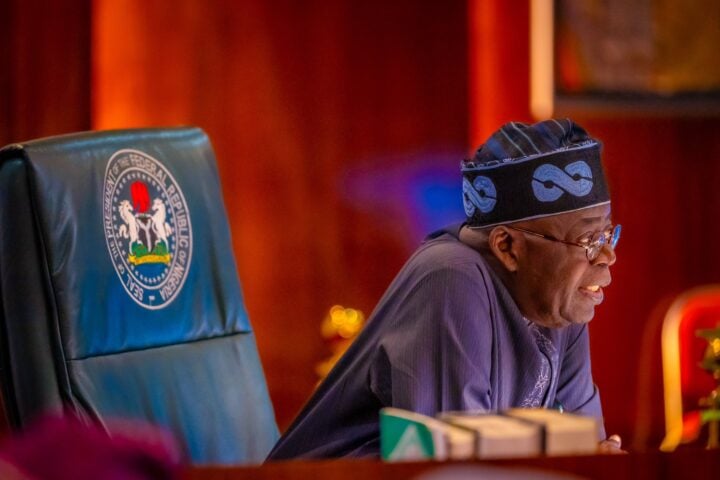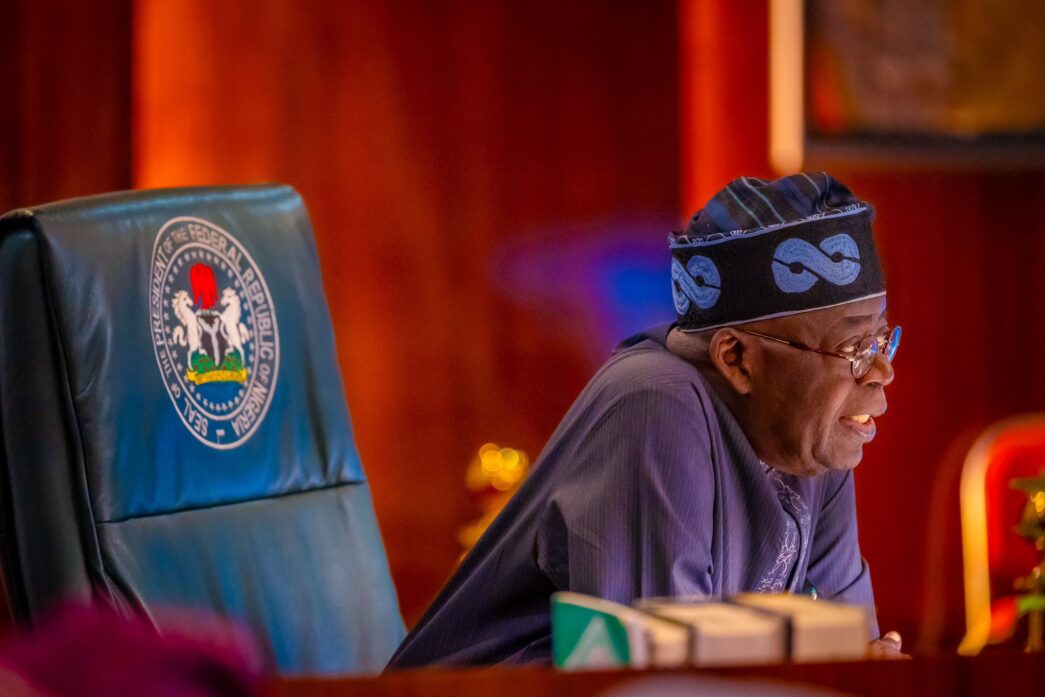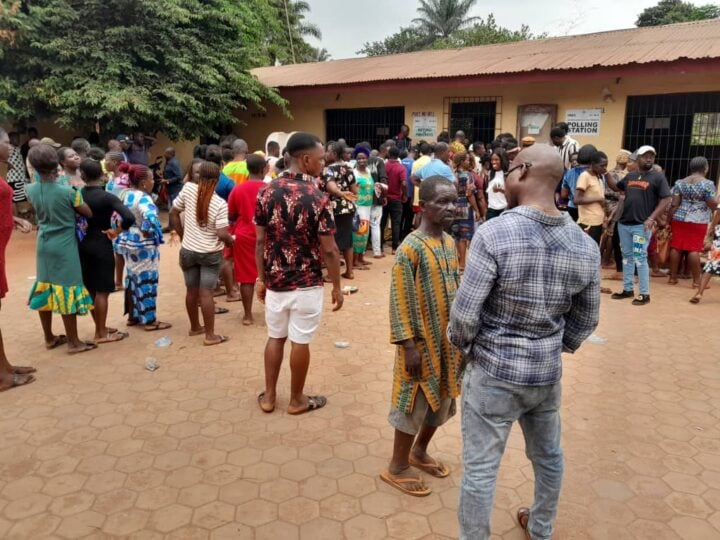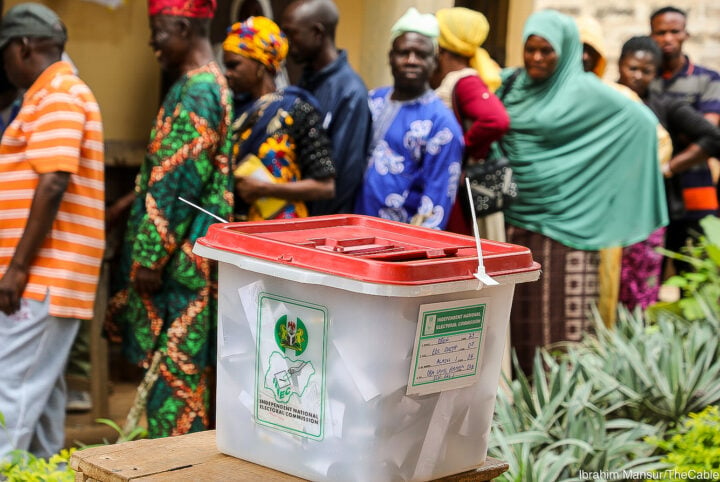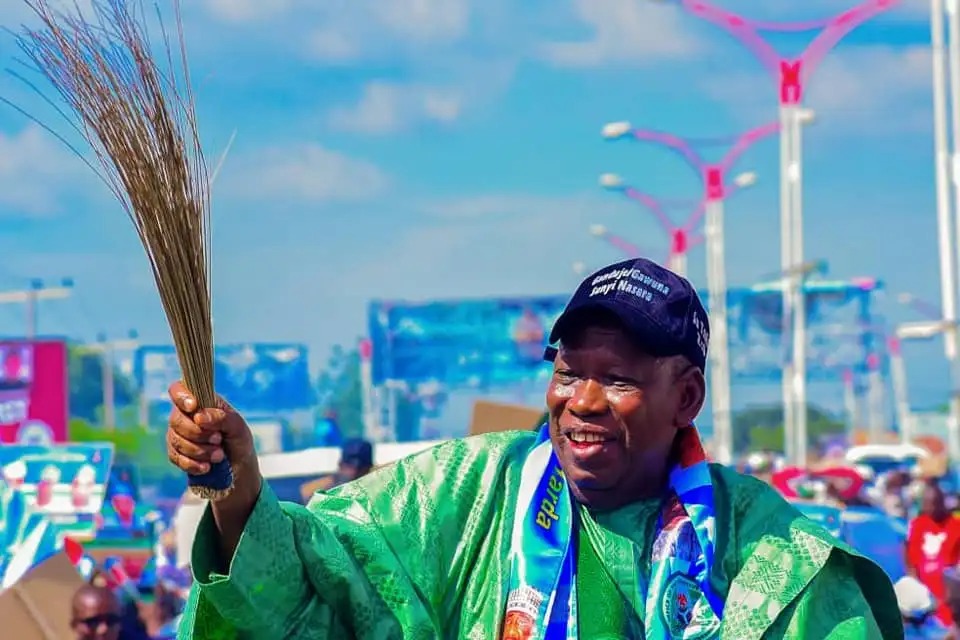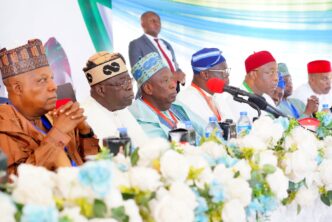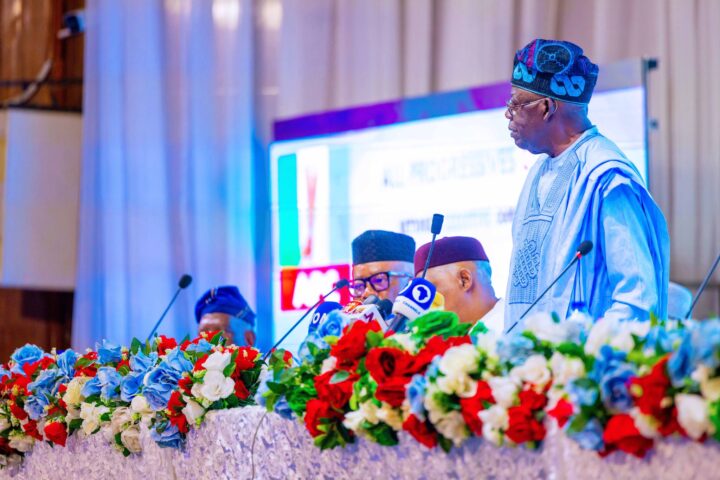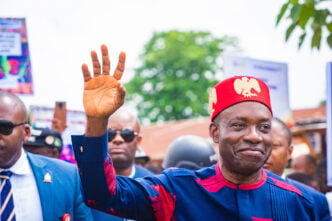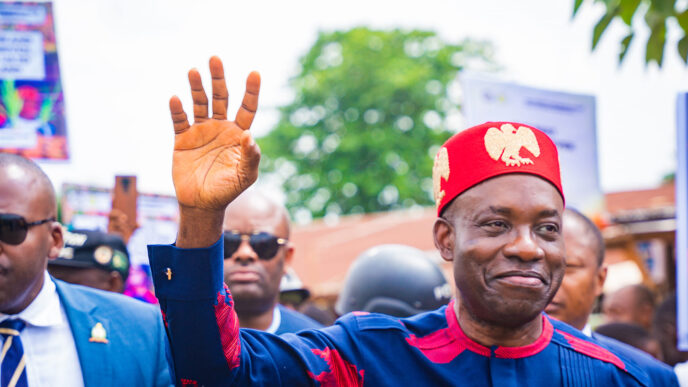Bola Tinubu
Many reports on Sub-Saharan Africa came out from the ongoing IMF and World Bank Spring meetings in Washington, USA. While commenting on Nigeria’s current economic reforms and on how subsidy was taking a very large share of the limited tax revenues, which was not effectively used to help the most vulnerable people before the coming of President Bola Tinubu, Abebe Selassie, the director of the African department at the IMF, summarized what the global economy thinks of President Tinubu’s bold reforms with the following remarks: “So it’s been really good to see the government taking these head on, and also beginning to roll out the third component of the reforms that we’ve been advocating for, [that] government has been pursuing, which is to expand social protection to target generalized subsidies to help the most vulnerable’’.
Nigeria cannot operate in isolation. Positive reviews from global financial markets are directly correlated to the inflow of investment into any country. President Tinubu is actually repositioning the country for prosperity.
Today, Nigeria is in advanced discussions to re-enter JP Morgan’s Government Bond Index for Emerging Markets. This is coming almost 10 years after the country was removed from the bond over concerns about its forex transparency and market liquidity. This shows that global investors have started taking Nigeria seriously. Nigeria needs foreign investments and foreign investors need Nigeria.
JP Morgan is the world’s biggest bank by market capitalization. Its emerging market bond indexes are used by investors to compare other mutual funds and exchange-traded funds in order to advice investors on how to allocate capital. (Often times, emerging market funds outperform US Treasury Bonds).
Advertisement
So, when Nigeria was taken out of JP Morgan’s government bond index in 2015, the impact was a decrease in investor confidence and reduced access to foreign investments. And of course, this led to higher borrowing cost and a reduced potential to fund bankable projects.
President Tinubu’s vision of making Nigeria a one trillion-dollar economy within the next 10 years is possible provided his bold economic reforms are sustained. To achieve this, Nigeria’s current GDP will have to grow multiple times from what it is today. This column believes the President has what it takes to do this.
Nigeria is on the rise under President Tinubu’s administration. The country is work in progress. As the President consolidates the nation’s macroeconomic environment, it is expected that the country’s microeconomic environment will become stronger.
Advertisement
In 2024, Nigeria recorded a trade surplus, according to records from the Nigerian Export Promotion Council (NEPC). This means the country’s export exceeded its import. Nigeria’s 16.9 trillion-naira trade surplus, which it recorded in 2024, has been its highest so far. For context, in 2016, 2020 and 2021 the nation experienced trade deficits. In 2021, the large trade deficit of 1.9 trillion naira shows that the huge surplus reported in 2024 cannot be attributed to currency depreciation alone. A lot of work is being done by the current administration.
These trade numbers would positively impact on the nation’s current account position in the medium and long term. The President just needs to maintain this trajectory of ‘positive’ trade surplus. Obviously, there is a lot of work going on in the nation’s non- oil export space. And with the current investments in cocoa – which accounts for circa 30.55% of Nigeria’s non- oil export – Nigeria’s future import earnings look bright.
The Nigerian Export Promotion Council (NEPC) announced a significant increase in the country’s non-oil export earnings for 2024, a total of $5.456 billion. This is a 20.77% rise from the $4.517 billion recorded in 2023. Cocoa Beans and Urea/Fertilizer are key contributors to these export earnings. Luckily for the country, the prices of these commodities are on a steady increase in the international market.
This column believes that as President Tinubu continues to repair the structural issues he inherited in the Nigerian economy, the economy will continue to grow. Strong economic growth means more and more people will be taken away from poverty. The World Bank’s position that the ‘’gradual recovery of the Nigerian economy along the forecast horizon is driven primarily by the service sector—specifically, finance, information and communications technology services, and transportation—and, to a lesser extent, a rebound in oil production that converges to its OPEC+ quota’’ shows that non-oil contributors to GDP are being solidified in the current administration. With these aggressive reforms, Nigeria’s GDP growth could even outperform predictions from the World Bank and IMF in the coming years.
Advertisement
The road ahead needs more hard work. This column believes that the President is on the right path and has what it takes to reposition Nigeria for greatness.
Views expressed by contributors are strictly personal and not of TheCable.

